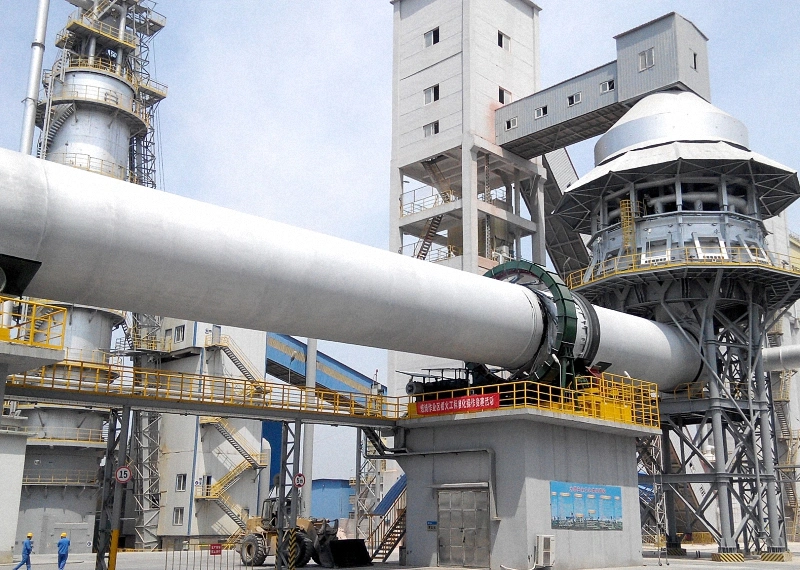In an era of increasing demand for transparency and accountability, the mineral supply chain is undergoing a significant transformation. Digital and blockchain technologies are emerging as powerful tools to enhance transparency, improve efficiency, and unlock value across the entire supply chain. As industries strive to adopt more sustainable and ethical practices, these technologies play a crucial role in reshaping how minerals are sourced, tracked, and traded.
The Need for Transparency
The mineral supply chain is often complex and fragmented, involving multiple stakeholders, from miners and processors to manufacturers and end-users. This complexity can lead to a lack of visibility, resulting in challenges such as unethical sourcing, environmental degradation, and regulatory non-compliance. Consumers and businesses are increasingly demanding proof of responsible sourcing and sustainability. This shift is driving the need for greater transparency in the mineral supply chain.
Digital Technologies: Enhancing Traceability
Digital technologies, including the Internet of Things (IoT), artificial intelligence (AI), and data analytics, are transforming how minerals are monitored and managed. These technologies enable real-time tracking of minerals from extraction to delivery.
- IoT Devices: Sensors and devices can monitor environmental conditions and operational parameters during mining and transportation, ensuring compliance with safety and sustainability standards.
- Data Analytics: Advanced analytics can process vast amounts of data to identify inefficiencies, predict maintenance needs, and optimize logistics, ultimately leading to cost savings and improved decision-making.
Blockchain: Ensuring Accountability
Blockchain technology offers a decentralized and tamper-proof ledger that enhances trust among stakeholders. By recording every transaction on a secure and transparent platform, blockchain enables:
- Immutable Records: Each transaction is time-stamped and cannot be altered, providing an unchangeable history of mineral sourcing and movement.
- Smart Contracts: Automated contracts can facilitate transactions and ensure that conditions are met before payments are released, further enhancing trust and reducing disputes.
- Enhanced Collaboration: Stakeholders can share data seamlessly, fostering collaboration and improving overall efficiency in the supply chain.
Use Cases in Mineral Supply Chains
Several industries are already leveraging digital and blockchain technologies to enhance transparency in mineral supply chains:
1. Responsible Sourcing
Companies are using blockchain to trace the origin of minerals, ensuring they are sourced ethically and sustainably. This transparency not only builds consumer trust but also helps companies comply with regulations and avoid reputational risks.
2. Supply Chain Optimization
Digital tools enable real-time visibility into inventory levels, transportation routes, and production schedules. This data-driven approach allows companies to streamline operations, reduce waste, and improve responsiveness to market demands.
3. Environmental Monitoring
Digital technologies can monitor environmental impacts in real-time, helping companies adhere to sustainability standards. Blockchain can document compliance with environmental regulations, providing proof of responsible practices.
Challenges and Considerations
While the potential of digital and blockchain technologies is immense, there are challenges to consider:
- Integration: Existing systems may need to be adapted to incorporate new technologies, requiring investment and training.
- Data Security: Ensuring the security of sensitive information is critical, especially in a decentralized system.
- Collaboration: Achieving buy-in from all stakeholders is essential for successful implementation, requiring a shift in mindset and practices.
Conclusion
Digital and blockchain technologies are unlocking significant value in the mineral supply chain by enhancing transparency, improving efficiency, and promoting responsible sourcing. As industries continue to prioritize sustainability and ethical practices, these technologies will play an increasingly vital role in shaping the future of mineral supply chains. By embracing digital transformation, stakeholders can not only meet regulatory demands but also build trust and drive competitive advantage in a rapidly changing market.

